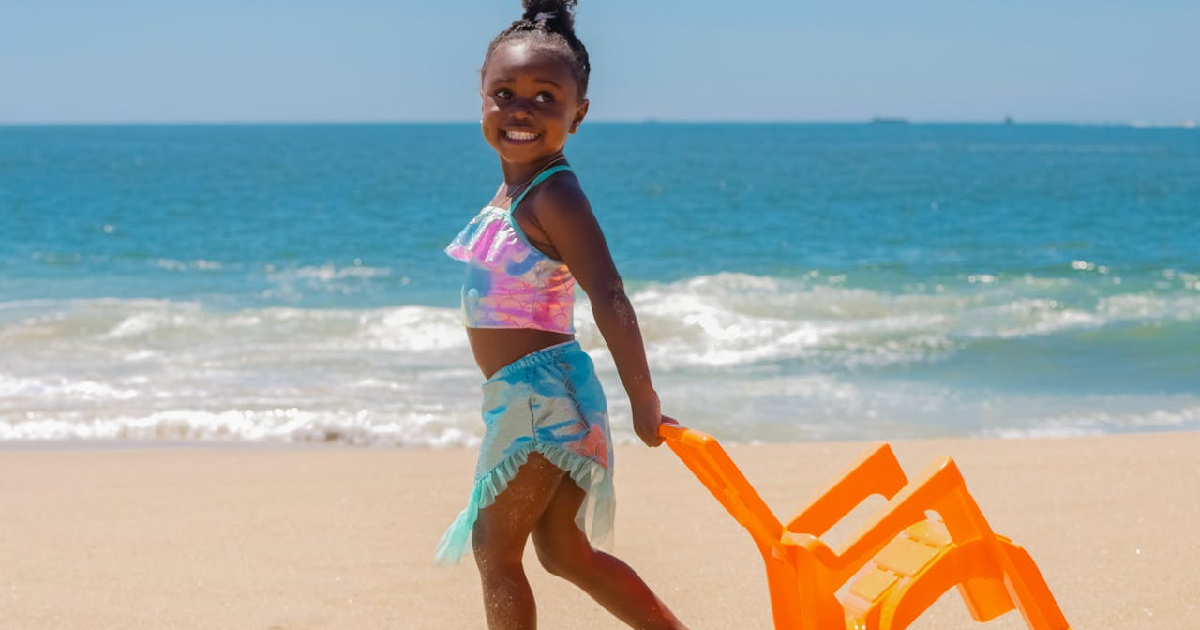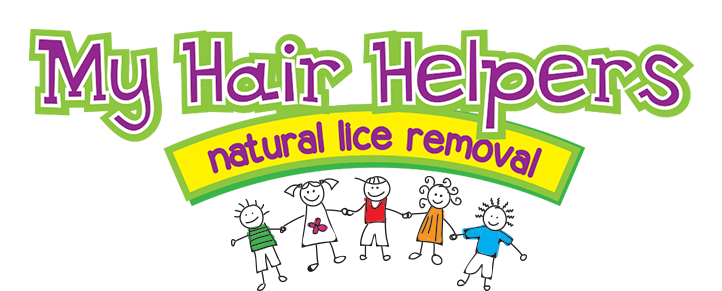As spring break approaches, families and students alike are gearing up for a well-deserved vacation. Whether it’s a tropical getaway, a family visit or a camping trip, spring break is a time for relaxation and fun. However, it’s also a time when head lice can become a concern, especially for those traveling or participating in group activities.
Fortunately, you don’t have to let head lice sour your plans for spring break. Here are some effective tips to help you prevent head lice during your springtime adventures.
How Lice Spread: Know the Facts
First, it’s important to know that head lice most commonly spread through direct head-to-head contact. They can’t jump or fly; instead, they crawl from one person’s hair to another’s. Understanding this can help you take preventative steps to avoid getting head lice.
Additionally, knowing that head lice spread primarily through head-to-head contact can reduce unnecessary fears. Lice survive for about a day or two off a host, so your child is unlikely to get head lice from sleeping in a hotel bed or sitting on public transportation.
Use Preventative Hair Products
There are hair products designed to repel head lice. These products contain natural ingredients like tea tree oil, rosemary and lavender, which are known to deter lice. Consider using a lice prevention spray or shampoo during your trip as an added layer of protection.
Keep Hair Tied Up
For those with long hair, keeping it tied up in a bun, braid or ponytail can significantly reduce the risk of getting head lice. This makes it harder for lice to crawl onto your hair from an infested person or item. Plus, having the hair tied up is usually more comfortable when you’re on the go and the temperatures are warm.
Avoid Sharing Personal Items
Since lice can spread through the sharing of personal items that touch the head, such as hats, scarves, hairbrushes and headphones, it’s recommended to avoid sharing these items. During spring break, make it a rule not to share these items with others, even among family members. This way, if someone does turn up with head lice, you may be able to protect others in the household.
Be Mindful of Shared Spaces
In places like hotels, Airbnbs and camps, be cautious of shared spaces. For sleeping arrangements, you may also want to take extra precaution. As long as the pillows and bedding have been washed, the risk for head lice is low. However, sleeping next to others can cause lice to spread, as this is direct contact.
Regular Checks
Regularly checking your and your family members’ hair for lice or nits (lice eggs) can help catch an infestation early before it spreads. Pay attention to itching or the feeling of something moving in the hair, as these can be early signs of head lice.
Educate Your Children
Teach your children about the importance of not sharing personal items like combs, hats and scarves and the reason behind it. Encouraging them to participate in prevention can make them more vigilant. Of course, the best thing they can do is avoid touching their heads with others’.
Take Immediate Action
If you discover that you or a family member has head lice, it’s crucial to address it immediately to prevent spreading it to others. Over-the-counter treatments, while convenient, are often ineffective and contain harsh ingredients. Consider other options such as the line of products from My Hair Helpers.
Final Thoughts
While head lice are a nuisance, they’re also preventable with the right precautions. By following these tips during your spring break, you can focus on enjoying your vacation without the added worry of dealing with head lice. Remember, lice don’t reflect poor hygiene or social status; they’re simply a common part of the human experience that can be managed with a little effort and knowledge.


